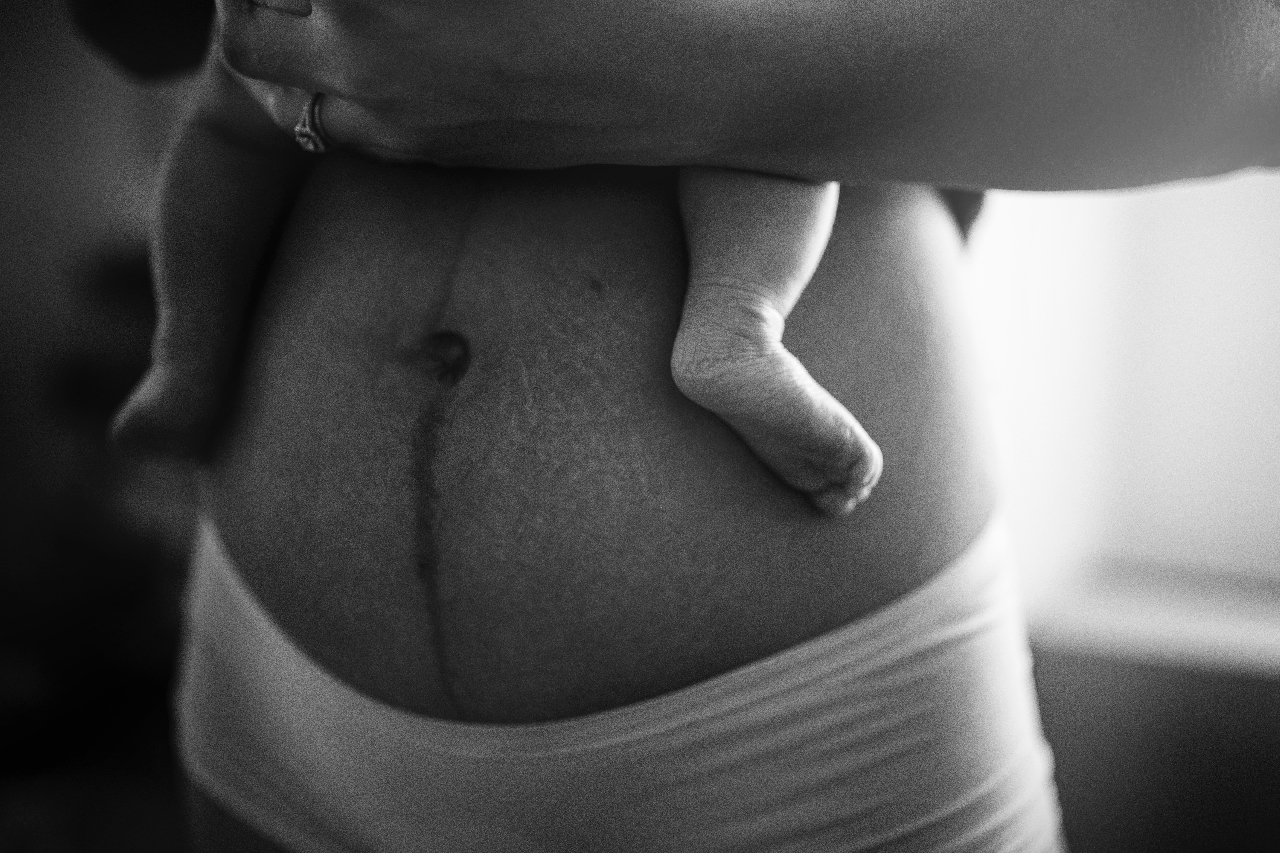Bringing a new baby home is an incredible experience. Still, the postpartum period—often called the “fourth trimester”—is just as important as pregnancy when it comes to recovery and well-being. Whether you’ve had a vaginal or cesarean birth, your body and mind need time to heal. Here are the essential postpartum instructions to help you recover and care for yourself during this critical time.
1. Prioritize Rest and Recovery
Your body has gone through immense changes during pregnancy and birth. While it may feel impossible to rest with a newborn, sleep and downtime are crucial for healing. Try to:
- Sleep when the baby sleeps (even short naps help).
- Accept help from family or friends with household chores.
- Avoid overexerting yourself—take things slow.
2. Manage Pain and Healing
Your body will need time to recover from childbirth, whether vaginal or cesarean. Follow these steps for proper healing:
- For vaginal delivery: Use ice packs, sitz baths, and perineal sprays for soreness. Stool softeners can help ease bowel movements.
- For C-section recovery: Keep the incision clean and dry, avoid heavy lifting, and follow your doctor’s instructions on wound care.
- Take prescribed or over-the-counter pain relievers as needed.

3. Watch for Postpartum Bleeding
Lochia (postpartum bleeding) is normal, but excessive bleeding is not. You should:
- Expect bleeding to last a few weeks, gradually decreasing over time.
- Use pads instead of tampons.
- Contact your provider if you soak through a pad in an hour, pass large clots, or have a foul-smelling discharge.
4. Nourish Your Body
Your body needs extra nutrients to heal and, if you’re breastfeeding, to support milk production. Focus on:
- Hydrating with plenty of water.
- Eating balanced meals rich in protein, fiber, and healthy fats.
- Taking prenatal vitamins (especially if breastfeeding).
5. Care for Your Mental Health
Postpartum hormones fluctuate drastically, which can lead to mood swings, anxiety, or depression. To protect your mental well-being:
- Acknowledge your emotions and talk to someone you trust.
- Get fresh air and move your body gently when you feel ready.
- Seek professional help if you experience symptoms of postpartum depression (persistent sadness, anxiety, or difficulty bonding with your baby).

6. Ease Back into Movement
While rest is essential, gentle movement can aid recovery. Start with:
- Short walks to improve circulation and boost your mood.
- Pelvic floor exercises, like Kegels, can help rebuild strength.
- Waiting for your provider’s approval before resuming strenuous workouts.
7. Breastfeeding and Formula Feeding Support
If you’re breastfeeding, getting proper support is key:
- Ensure a good latch to prevent nipple pain and engorgement.
- Stay hydrated and nurse or pump regularly to maintain supply.
- Work with a lactation consultant if you encounter challenges.
If formula feeding, follow proper preparation and storage guidelines to ensure your baby gets the best nutrition safely.
8. Know When to Call Your Provider
While some discomfort is normal, severe symptoms require medical attention. Call your doctor if you experience:
- Heavy bleeding or large clots.
- Fever over 100.4°F.
- Severe abdominal or pelvic pain.
- Redness, swelling, or pus around a C-section incision.
- Signs of postpartum depression include feeling hopeless or overwhelmed.
9. Accept Help and Set Boundaries
The postpartum period is not a time to do everything alone. When offered, accept help with meals, household tasks, or even newborn care. Set boundaries with visitors to ensure you have the space to rest and bond with your baby.
You’ve Got This
The postpartum period is a time of significant physical and emotional adjustment. Prioritizing your recovery, nutrition, mental health, and support system will help make the transition smoother. Remember, caring for yourself is as important as caring for your baby—you don’t have to do it alone.
What was your biggest challenge during the postpartum period? Share in the comments below!


